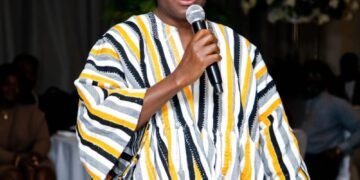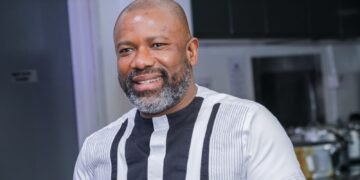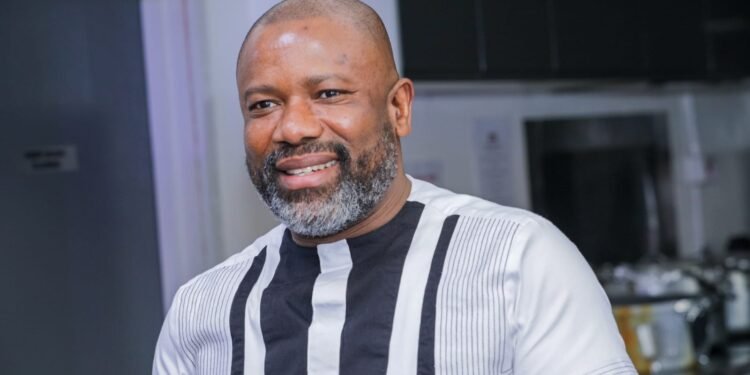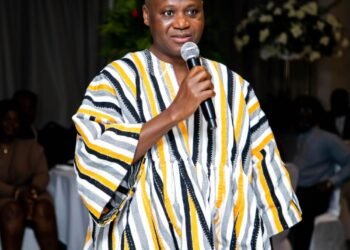By Francis Aweso – Social Worker / Manchester, United Kingdom
Barely months into President John Dramani Mahama’s return to the highest office in the land, the National Democratic Congress (NDC) is experiencing a period of uneasy calm as lobbying and behind-the-scenes maneuvering for government appointments intensify.
While the president has maintained a firm and deliberate approach to filling positions in his administration, insiders say competition among party loyalists, power brokers, and technocrats is heating up — creating subtle but noticeable tension within the ruling party.
A Party in Quiet Competition
From current party officers to former ministers, many within the NDC are vying for recognition and inclusion in the president’s expanding team. As Mahama works to shape a legacy-driven administration focused on restoring the economy, improving governance, and rebuilding national institutions, pressure is mounting from various factions for appointments at all levels of government.
“Everyone wants a seat at the table,” said a high-ranking party official, speaking anonymously. “Some feel they were instrumental to the party’s return to power and now want to be rewarded. Others believe this is their time, having waited patiently during our years in opposition.”
Balancing Loyalty, Merit, and Governance
President Mahama, known for his calm demeanour and strategic pragmatism, is reportedly walking a fine line—balancing political loyalty with technocratic competence. With heightened public scrutiny and rising expectations from Ghanaians, he is believed to be prioritizing appointments that reflect his vision of stability and effectiveness, rather than simply rewarding party stalwarts.
This has not gone down well with some influential NDC figures, particularly those who mobilized heavily during the 2024 campaign and feel overlooked.
“There’s growing discontent among the grassroots,” noted a regional youth leader. “Some of our people feel like outsiders are being brought in, while those who carried the party through tough times are being sidelined.”
Internal Frictions and Factionalism
Analysts say the early signs of factionalism, if not addressed quickly, could lead to deeper rifts within the party. Rival camps — some aligned with key ministers, others with regional power bases — are already emerging, each pushing for greater influence within the Mahama administration.
However, senior figures in the NDC have urged restraint and patience. The party’s Council of Elders is reportedly planning a series of closed-door consultations to calm tensions and reiterate the president’s authority in appointment matters.
Public Pressure and the Optics of Power
The public has taken notice. With expectations sky-high after the NDC’s return to power, the optics of internal squabbling could erode public trust. Civil society organizations and political commentators have called on the president to maintain transparency and fairness in his appointments, warning that perceptions of cronyism or favouritism could undercut his government’s legitimacy.
“The president has an opportunity to set a new tone for governance,” said another political analyst. “But if the party appears fractured and consumed by internal competition, it may distract from delivering on campaign promises.”
Conclusion
As President Mahama begins to shape the architecture of his administration, he faces one of the toughest early tests of his leadership: managing ambition within his party while delivering effective governance for the nation. The uneasy calm within the NDC is a reminder that political victory is only the beginning — what follows is a complex dance of power, expectations, and responsibility.
Francis Aweso (Social Worker, Manchester UK)





























